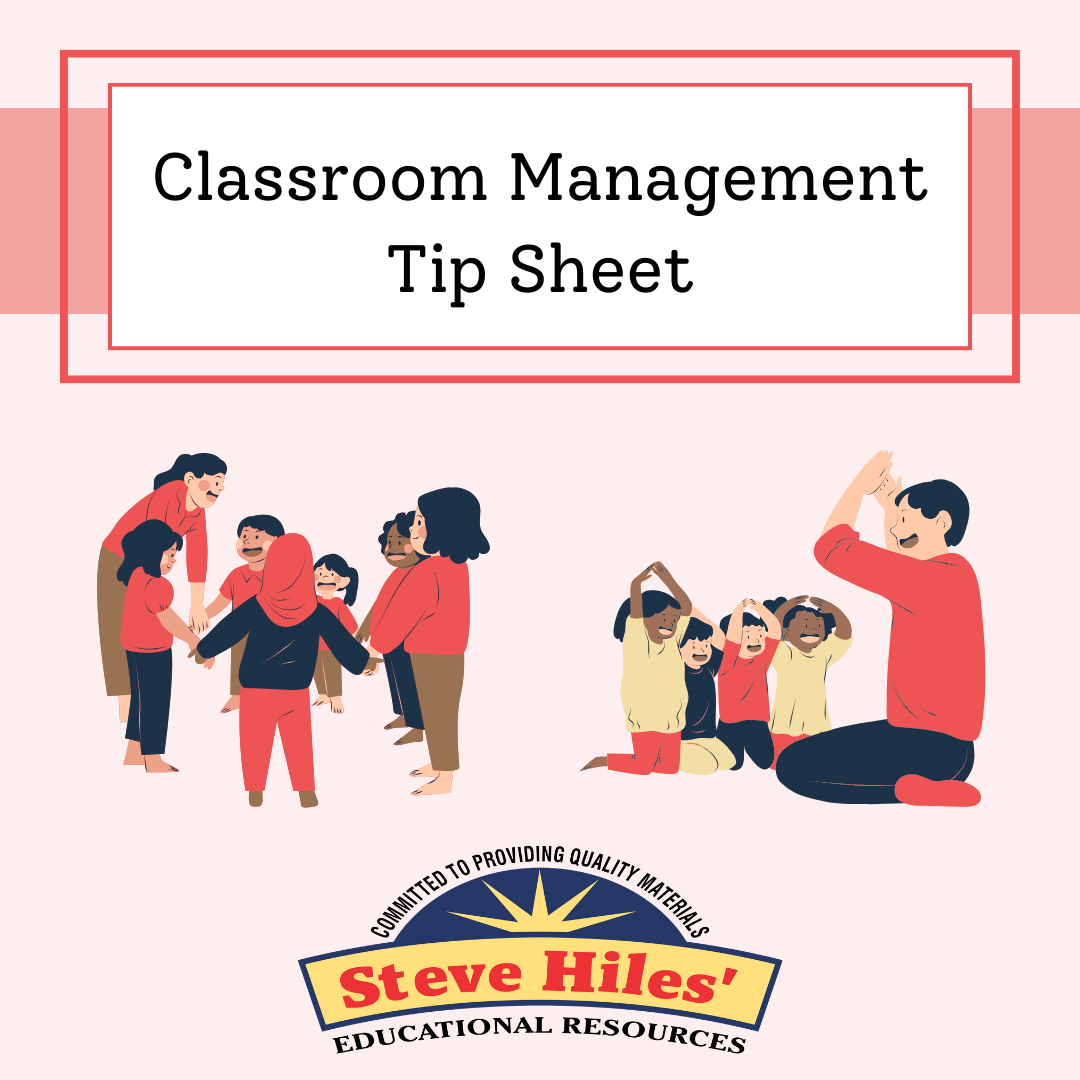In this blog article we’re going to discuss, “How New Teachers Can Deal with Angry Parents.” We will be taking a look at nine strategies that will help you do so.
Table of Contents
Toggle1. Stay Calm and Collected
- Example 1: Imagine receiving an angry email from a parent questioning a low grade. Instead of responding defensively, take a moment to formulate a composed reply, addressing the parent’s concerns and offering to discuss it further.
- Example 2: During a parent-teacher meeting, if faced with an upset parent, maintain a calm demeanor, listen actively, and respond with patience and understanding.
- Example 3: When confronted by an angry parent in person, resist the urge to react impulsively. Take a breath, maintain eye contact, and respond with a measured tone.
2. Empathize with the Parents
- Example 1: Acknowledge a parent’s frustration by saying, “I understand that you’re upset about your child’s recent behavior. I share your concern and am committed to finding a solution together.”
- Example 2: Express empathy through active listening, paraphrasing the parent’s concerns to show that you genuinely understand their perspective.
- Example 3: Share personal experiences when appropriate, letting the parent know that you comprehend the challenges they may be facing.
3. Effective Communication
- Example 1: Regularly update parents on their child’s progress through emails, newsletters, or a class website, providing a transparent overview of the curriculum and upcoming events.
- Example 2: Establish open lines of communication by encouraging parents to reach out with questions or concerns and respond promptly to emails and messages.
- Example 3: Use various communication channels such as parent-teacher conferences, phone calls, and digital platforms to ensure that information is conveyed in a way that suits different preferences.
4. Document Everything
- Example 1: Keep a detailed log of communication with parents, including the date, nature of the discussion, and any agreed-upon action items.
- Example 2: File emails and messages in organized folders, making it easy to retrieve information when needed.
- Example 3: Create a system for documenting phone conversations, summarizing key points and agreements in follow-up emails.

5. Involve a Mediator When Necessary
- Example 1: If a disagreement persists, suggest involving a school counselor to mediate a constructive discussion between the teacher and the parent.
- Example 2: Collaborate with an administrator to facilitate a meeting where both parties can express their concerns and work towards a resolution.
- Example 3: When a mediator is brought in, ensure that both the teacher and parent have an opportunity to voice their perspectives uninterrupted.
6. Setting Boundaries
- Example 1: Clearly communicate your preferred methods and times for communication during back-to-school night, ensuring parents understand when you are most available.
- Example 2: If a parent contacts you outside of the established communication hours, respond politely, reiterating your availability during designated times.
- Example 3: Use automated responses during non-office hours, directing parents to contact you during your specified availability.
7. Seeking Professional Development
- Example 1: Attend workshops or webinars on effective communication strategies with parents, gaining insights into navigating challenging conversations.
- Example 2: Participate in mentorship programs where experienced teachers can provide guidance on handling difficult parent-teacher interactions.
- Example 3: Engage in peer-to-peer learning, sharing experiences and learning from colleagues who have successfully managed similar situations.
8. Reflect and Learn
- Example 1: After a parent-teacher meeting, reflect on the interaction, identifying areas of improvement and considering how to approach similar situations in the future.
- Example 2: Keep a personal journal to document challenging interactions, reflecting on your emotions, responses, and lessons learned.
- Example 3: Seek feedback from colleagues or mentors, discussing specific instances to gain different perspectives and insights for improvement.
9. Building a Support System
- Example 1: Establish a professional learning community within your school where teachers can openly discuss challenges and share advice.
- Example 2: Join online forums or social media groups dedicated to teacher support, where educators worldwide share experiences and provide encouragement.
- Example 3: Attend staff social events to build camaraderie with colleagues, creating a supportive network for sharing experiences and seeking advice.
In conclusion, maintaining a calm and collected demeanor, empathizing with parents, practicing effective communication, documenting interactions, involving a mediator when necessary, setting boundaries, seeking professional development, reflecting on experiences, and building a robust support system are key strategies for navigating challenging parent-teacher interactions. By implementing these approaches, educators can foster positive relationships, enhance communication, and ultimately contribute to a collaborative and supportive educational environment for both students and parents.







